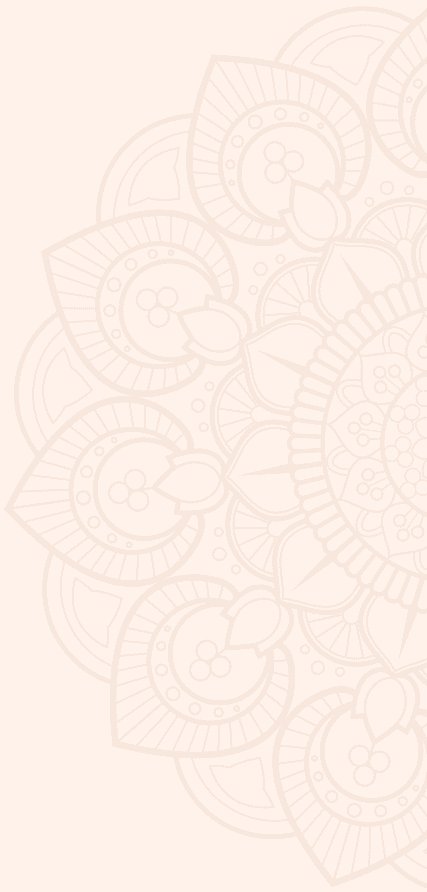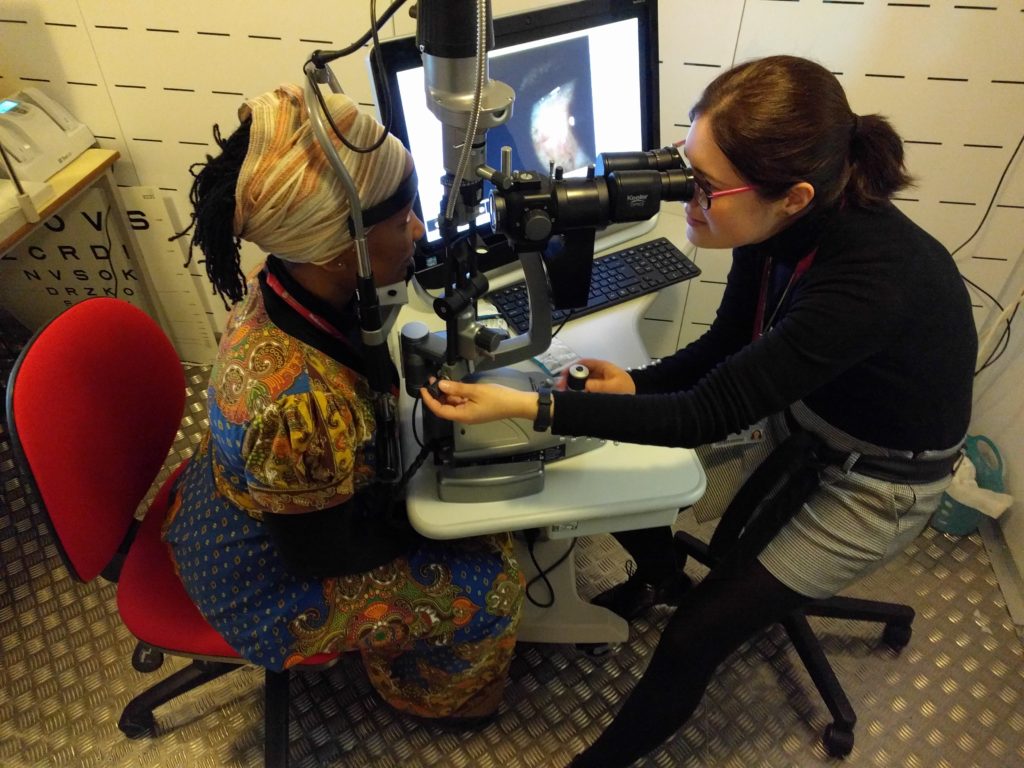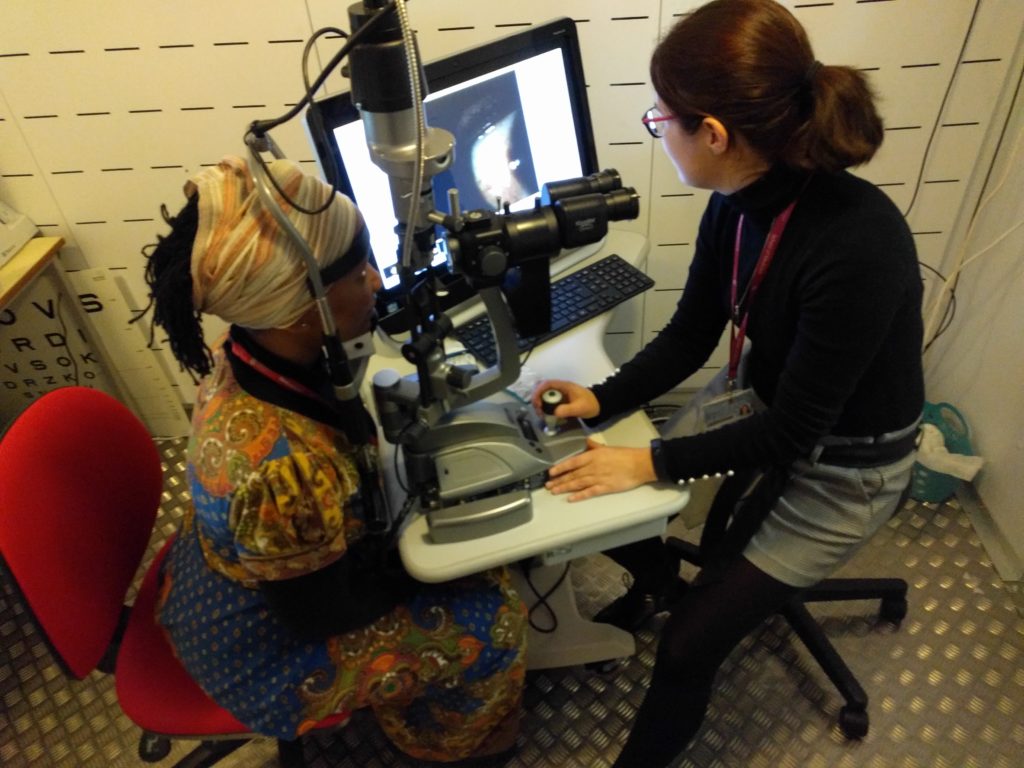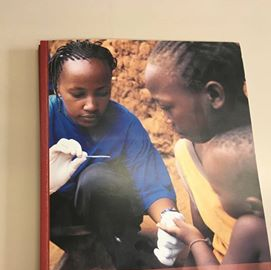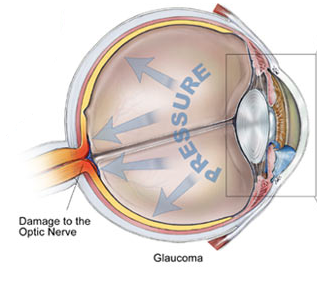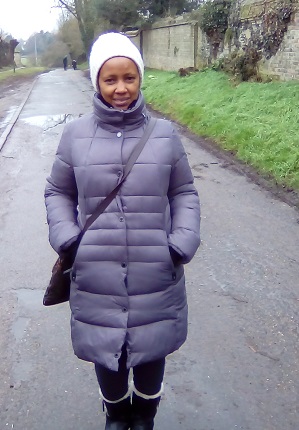
Being a research participant
At my desk in an open-office at Anglia Ruskin University, I sit next to a vibrant group of researchers from the vision and eye research unit (VERU).
A couple of months ago, they send an email requesting for research study volunteers for a study they had named, Environmental Conditions in Glaucoma Patients (ENCOGLAP). The researchers wanted to investigate the impact of environmental conditions on tear production and tear stability among people receiving treatment for Glaucoma. To get more accurate information, they wanted to compare healthy people to their patients with Glaucoma. I decided to be one of the healthy participants.
Researchers are often curious to know why people want to participate in research. For me, I was a bit concerned with how dry the air is in buildings during the winter. As I have spent so much of my life in a warm humid environment, I did wonder whether all this time indoors in dry air was bad for my eyes. My concern was very minor, but I thought to myself – ‘if I participate in this research, I will get my eyes tested and they will be able to pick anything wrong which cannot do me any harm.’
When I was doing field research in Kilifi, which is a rather poor part of Kenya, I often wondered whether it was fair for people to participate in research purely because it would actually benefit them directly. The project ensured that the local dispensary had an extra nurse and the study participants did not pay the fee that was then required to get care. The study had some rather major immediate benefits and the long term goal of the research – learning about malaria immunity which would provide important data for a malaria vaccine – was lost.
However, I did not participate in this particular research out of the love of glaucoma patients either, but out of concern for my own eyes – which just goes to show……
Back to the study….
The lovely Dr Nery Garcia-Porta started by handing me a sheet with information about the study and answered all my questions regarding what would happen to me. Once I had signed on the dotted line, we were ready to start the tests.
The room where the tests were conducted was small with no windows – this was the best way to ensure that all environmental factors (mainly temperature and humidity) could be controlled. It was rather claustrophobic. The researcher must have sensed my unease as she quickly told me that the room was never locked.
Several machines were lined up for the tests and Dr Nery explained what she was going to do and always asked if I was ok before she begun.
Being soft-spoken she was perfect for the job, giving instructions along the way
‘Please look right ahead’
‘You can blink if you want to’
‘Please close your eyes’
‘Open your eyes and keep them open as long as you can’
During the whole process of the tests, Dr Nery kept asking if I was willing to continue. The only thing I declined to do was have a small bit of paper come into contact with my eye – it was nothing major but I cringed at the thought and she was like – ‘its ok’.
What was it like being a research participant?
I was impressed at how labor intensive this piece of research was. These researchers were seeing only one patient a day as the tests were many and very thorough.
Once I adjusted to being confined in a small space, I started to enjoy the quiet and peaceful atmosphere, the regular cups of tea. I felt rather spoilt! And the researcher seemed genuinely pleased to have me in her study.
When I did research in Kenya, we took blood samples to test for malaria which would be used for treatment but there were times when we took samples purely for lab research.
When we took samples for research work and not treatment, we would give the school children an exercise book and a pencil. I remember one little girl who having received her pencil and book was so pleased, she asked us if she could give us another sample in exchange for another book. We were so tickled, we gave her an extra book.
After my eye tests, I did feel like that little girl. I left feeling that at least I knew my eyes were ok. The researcher also seemed pleased and I hoped that the data she collected would help her study. It was a win-win situation.
The research I carried out and this one I participated in are all low risk studies that help to create understanding about various health issues.
You may be wondering like me what Glaucoma is – I will write a blog about this next week.
In the meantime – I would be interested in hearing stories of your participation in research studies.
